What is Surface & Colloid Chemistry?
Surface and colloid chemistry is not probably something you hear about very often, but it is an integral part of our lives.
For example, keeping ourselves clean, making ourselves looking presentable, cooking delicious meals, washing our clothes, and taking medicines – they’re all related to surface and colloid chemistry in some way.
By conducting research in this field and manufacturing high-quality surfactants, Nikko Chemicals strives to improve peoples’ lives and contribute to society.
Surface & Colloid Chemistry and Surfactants
“Surface” in this context means an interface between substances. Surface and colloid chemistry is a field of chemistry which studies phenomena that occur at such interfaces.
When we put water and oil in to a container, they remain separated. However, all around us are examples of water being mixed with oil. For example, the milky lotion used in skincare products, the mayonnaise we use on our salad, and the ointment we use to heal wounds. The reason why water and oil can be mixed successfully is that surfactants have modified the state of the interface between the water and oil.
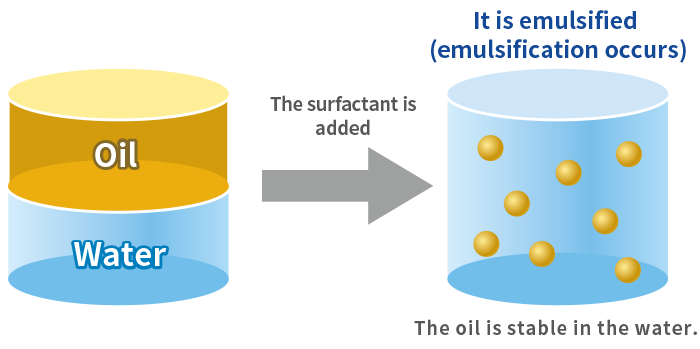
Products that Use Surfactants
Although we hardly ever notice the presence of surfactants in our day-to-day lives, they play an important role in our daily activities.
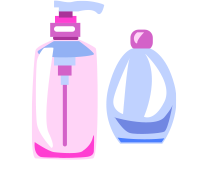
Cleaning Agents
Only cleaning things is not good enough. We care for the well-being and safety of users, as well as the environment of the planet on which we live.
(e.g.,soap, toothpaste, dishwashing detergent, laundry detergent, body soap, hair shampoo/conditioner/treatment, fabric softener, antistatic agents, and hand sanitizers.)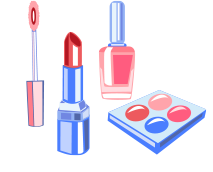
Cosmetics
Surfactants provide functionality such as hydration and whitening, making products feel moist against the skin, as well as brightening the colors of lipstick and nail enamel.
(e.g.,moisturizing lotion/cream and lipstick.)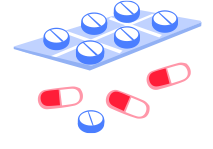
Pharmaceuticals
We help to overcome some of the challenges associated with modern pharmaceuticals production, such as producing active ingredients of drugs, which are not easily soluble in the body, using surfactants to make them soluble.
(e.g.,solubilizing solutions for ointments and fat-soluble vitamins.)
Food Products
In the past, we mainly have been providing products that relate to food safety and stability, but we have also recently started providing products for new functions, such as creating new textures in foods.
(e.g.,chocolate, ice cream, margarine, shortening, and tofu.)
Paper
In the process of recycling paper where it is manufactured, used, and recovered, we support this cycle by developing surfactants for the recycling process, adding functionality.
(e.g.,dispersion agents help make paper even and uniform when making paper, sizing agents control ink permeability, feathering and transparency, and de-inking agents remove ink during recycling.)
Textiles
We help enhance product value using surfactants to improve the functionality of textiles. This include manufacturing soft fabrics that are comfortable to wear, making them antistatic or waterproof.
(e.g.,stiffening agents/fabric softeners for textiles, antistatic agents to prevent pilling, and surfactants to make fabrics water or oil repellent.)
Automotive Products
Surfactants are used extensively in this area, with a wide range of applications (like adding functionality or for environmental reasons). Some uses also include being used as an additive in paint, interior parts, and as a gasoline additive to reduce nitrogen oxide emissions.
(e.g.,car wax, shampoo, gasoline additives, lubricants, and exterior paint.)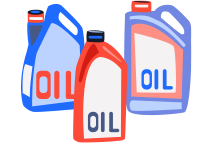
Lubricants
We provide various types of lubricants that are essential in metal processing, pressing, forging, cutting, polishing, and rustproofing.
(e.g.,various lubricants used in metal processing.)

